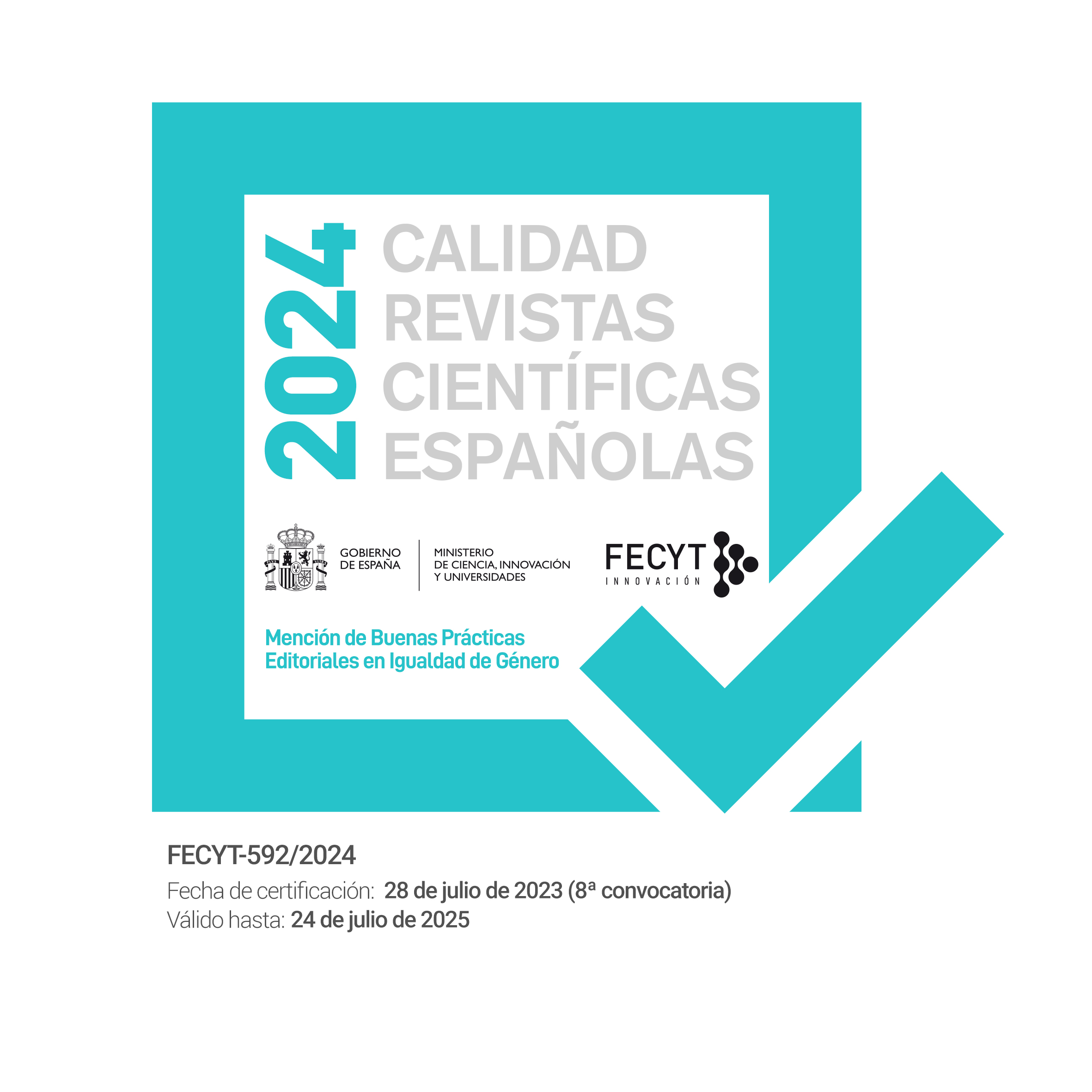The International Labour Organisation (ILO) as an actor of global governance: sufficiently involved to help overcome 1the latest financial and economic crisis?
Abstract
This article focuses on the analysis of the role of the International Labour Organization (ILO) in the current global governance, analysing its interaction with the main actors of governance and the involvement of the ILO itself as a current actor in global governance. It has taken into account for this writing both the historic role played by the ILO in the international institutional architecture since its creation in 1919 (today as a part of United Nations System), and the relevance it may have now seeking social justice in a global economy still governed by neoliberal principles. The question is whether social justice can be accommodated between these principles and if the main actors of global governance are really willing to strengthen the social dimension of globalization in times of crisis. The formal inclusion of some of the proposals of the ILO among those that seek to define the terms of post-crisis global governance (for example, the decent work strategy) cannot be overly optimistic even be considered a positive step.
Published online: 11 December 2017



3.jpg)
3.jpg)
3.jpg)
.jpg)







